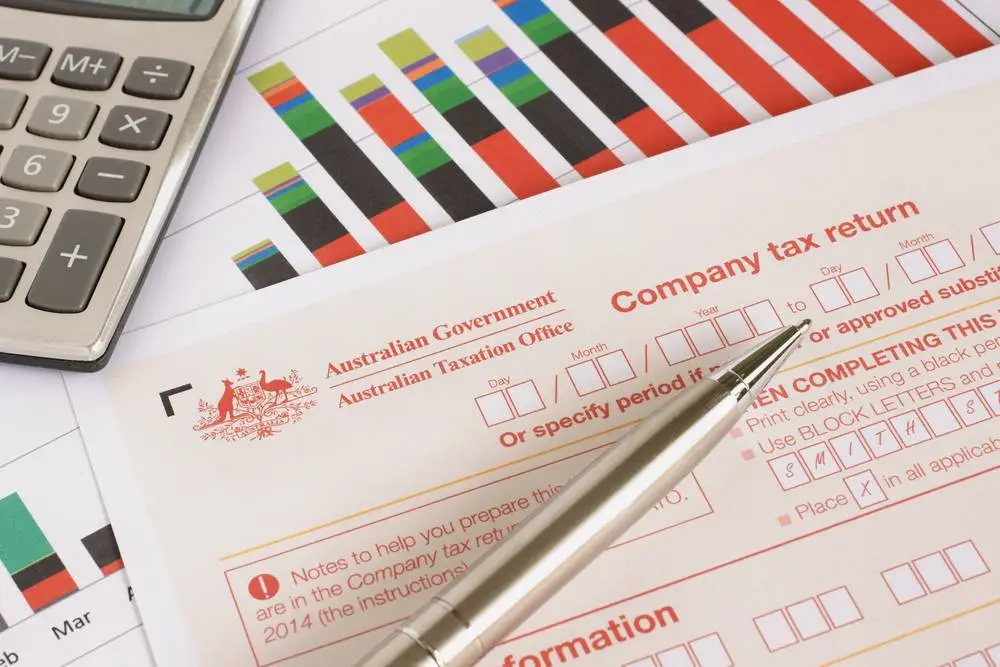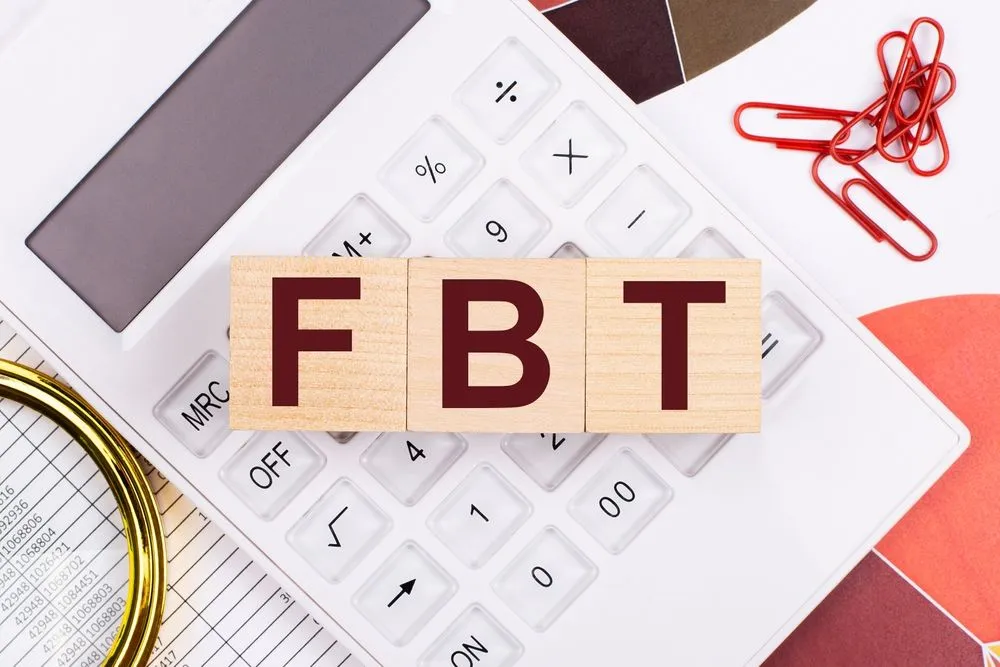
In the dynamic world of finance, cryptocurrencies like Bitcoin and Ethereum have emerged as game-changers. As more Aussies venture into this digital frontier, dreams of substantial returns often overshadow the intricate tax implications.
But here’s the reality:
While crypto offers a golden opportunity, it also presents a complex crypto tax maze that requires careful navigation.
Fear not! As your trusted accountant, I’ve crafted this guide to ensure you’re well-equipped when the ATO comes calling.
The Rise of Crypto’s Popularity
Cryptocurrency has grown popular for several reasons:
- The Digital Revolution: It offers an alternative investment at a time when many were stuck at home and looking to invest.
- Success Chronicles: The ability to potentially make huge returns as stories spread of people striking it rich.
- FOMO: The fear of missing out on the next big thing.
But this wild ride comes with risks and tax obligations that must be handled properly.
How Australia Taxes Your Crypto
The ATO treats cryptocurrency as an investment asset for tax purposes. You don’t pay any tax when purchasing crypto. The taxing point is when disposing of it by selling, trading, or gifting it away.
The ATO identifies transactions through data matching with trading platforms where you provide your tax file number.
At disposal, you calculate capital gains or losses based on the purchase price (cost base) versus the sale price.
This gain or loss gets added to your overall income taxed at your marginal rate. Crypto losses can only offset future capital gains, not ordinary income.
Crypto Tax Scenarios Explained
Let’s break down some example scenarios to understand how crypto taxes work:
Scenario 1:
Josh buys $2,000 of Ethereum coins. One year later, he sold all his Ethereum for $5,000 total. His cost base was $2,000, and the sale price was $5,000, so he realises a $3,000 capital gain. This $3,000 gets added to his total annual income and is taxed at his marginal tax rate.
Scenario 2:
Mae invests $500 in Dogecoin. Over the following months, the value of her Dogecoin dropped to $200 in total. Her cost base was $500, the sale price was $200, so she incurred a $300 capital loss. As this is a loss, she cannot deduct it from her regular income. But she can carry it forward to offset any future crypto capital gains she realises.
Scenario 3:
Robert gifts 1 Bitcoin to his brother Mike as a birthday present. This is considered a disposal event for Robert, so he must calculate the capital gain or loss compared to his cost base when he originally bought the Bitcoin.
Mike does not have any tax implications when he receives the gift. However, when Mike later sells or disposes of the 1 Bitcoin, he would then calculate the capital gain or loss compared to a cost base of $0 since he received it as a gift initially.
The Intricacies of Gifting Crypto

While gifting crypto might seem straightforward, it’s laden with tax implications. For the giver, it’s a taxable event, while the receiver remains unaffected until they decide to dispose of their digital asset.
For those considering charitable donations, contributing to a registered charity might offer tax deductions.
The ATO provides comprehensive guidance on personal crypto use and its tax implications here.
Keep Records with Tools
With the ATO scrutinising crypto gains and losses through trading platform data matching, record keeping is critical.
Platforms like Koinly offer invaluable assistance, tracking transactions and ensuring you’re always prepared for crypto tax obligations.
Without records, you may struggle to validate your position if the ATO questions it. Use tax tools to seamlessly track all your crypto activity.
Steer Clear of Crypto Tax Misinformation
Be wary of claims you can avoid crypto tax by spending coins via debit card.
Intention matters, and capital gains often still apply per ATO rules.
There are high risks in crypto. Use reputable platforms, beware of scams, and educate yourself to avoid losing everything.
Conquering the Crypto Tax Terrain with Confidence
While crypto remains volatile, you can ride the trend without drowning in tax issues. Know the crypto tax rules, keep meticulous records, and obtain professional tax planning advice.
Do that, and you’ll stay on top of your crypto taxes through the ups and downs!
Have questions about your specific crypto tax situation? Contact us now for personalised advice.







